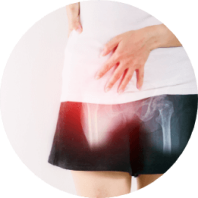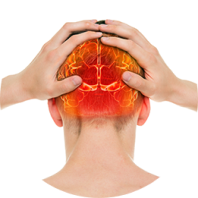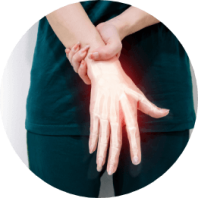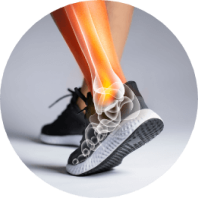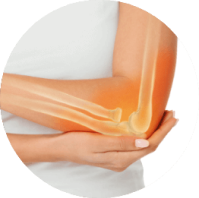Knee Pain Treatment
Knee pain can affect people from all backgrounds, regardless of age. It is characterised by discomfort and soreness in or around the knee joint. The discomfort from knee pain can range from mild to severe pain, often hindering daily activities.
If you have knee pain and want to manage it effectively, you must understand its causes and its possible treatments.
Causes of knee pain
Age-related wear and tear (osteoarthritis)
Sports injuries
Sports enthusiasts are susceptible to knee injuries, including ligament and meniscus tears, often resulting from sudden twists, falls, or impact.
Overuse injuries
Repetitive motions can lead to injuries such as tendinitis, and bursitis, causing pain and inflammation around the knee joint.
Rheumatoid arthritis
Rheumatoid arthritis affects the synovium, a soft tissue in the knee, and can lead to chronic inflammation and knee pain.
Gout
Gout is another type of arthritis that develops due to the buildup of uric acid crystals in the joint, resulting in sudden and severe knee pain.
Importance of seeking treatment for knee pain
- Early intervention can prevent the progression of knee problems.
- Proper treatment can alleviate pain, improving your quality of life.
- Understanding the real cause of your knee pain is essential for effective management.
- Comprehensive care ensures you receive the most suitable treatment for your specific condition.

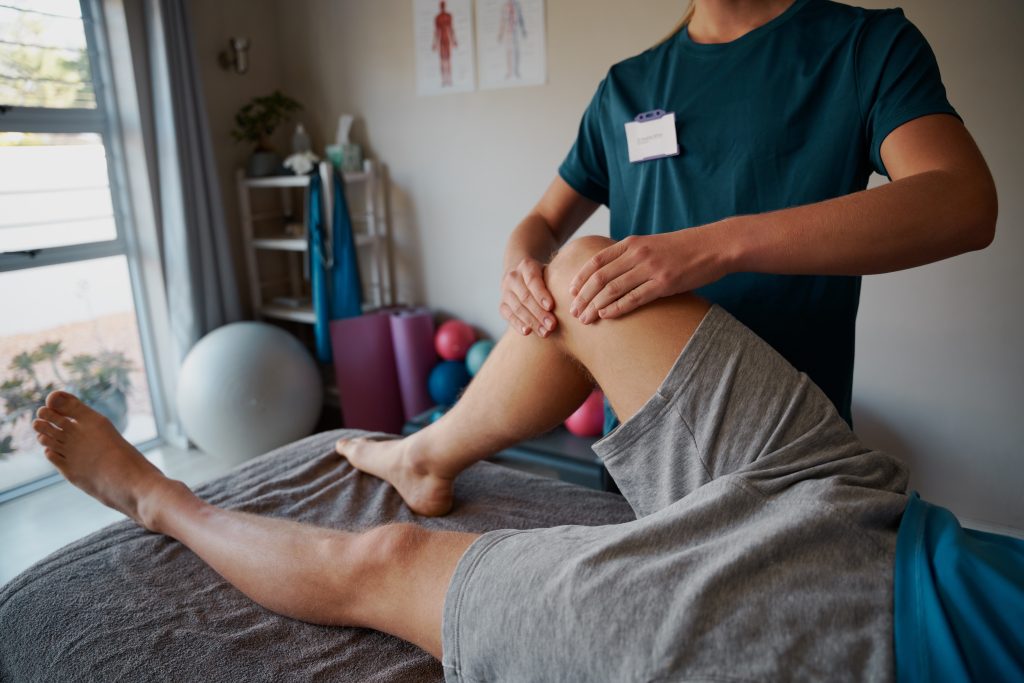
Seeking a knee pain specialist
Consulting a knee pain specialist ensures you receive personalised care tailored to your condition. They are experts with the knowledge and experience to diagnose and treat knee pain accurately.
Knee pain can also have numerous underlying causes, from injuries to medical conditions. The specialists have the expertise to conduct a comprehensive evaluation, which may include imaging and diagnostic tests, to identify the real cause of your pain. This precise diagnosis is a must for effective knee treatment.
Non-surgical treatment options for knee pain
Depending on your condition, surgery is not always the first option. Non-surgical treatments can effectively manage pain and improve your knee’s function.
- Physical therapy and rehabilitation: Targeted exercises and techniques to strengthen the knee and improve mobility.
- Medications for pain relief and inflammation: Medications can relieve pain and reduce inflammation.
- Injections: Corticosteroid injections, for example, can help alleviate pain and improve joint function.
- Assistive devices: Devices such as braces and crutches can provide support and stability to the knee.
Surgical treatment options for knee pain
In some cases, surgical interventions may be necessary for long-term recovery.

Knee arthroscopy
A minimally invasive procedure employed to diagnose and treat various knee conditions.

Total knee replacement
This treatment involves replacing the whole knee joint with an artificial one.

Partial knee replacement
Replacing only the damaged part of the knee joint.

Knee ligament reconstruction
Surgery to repair or reconstruct damaged knee ligaments.
Preventing knee pain

Maintaining a healthy lifestyle
A healthy diet free of junk food and regular exercise can keep your joints in good shape.

Using proper footwear and protective gear
Wear appropriate shoes and gear for sports and physical activities.

Proper warm-up and stretching techniques
Such exercises can prepare your body to be physically active and reduce the risk of injury.

Avoiding overexertion and high-impact activities
Moderation and safety are crucial to preventing knee injuries.
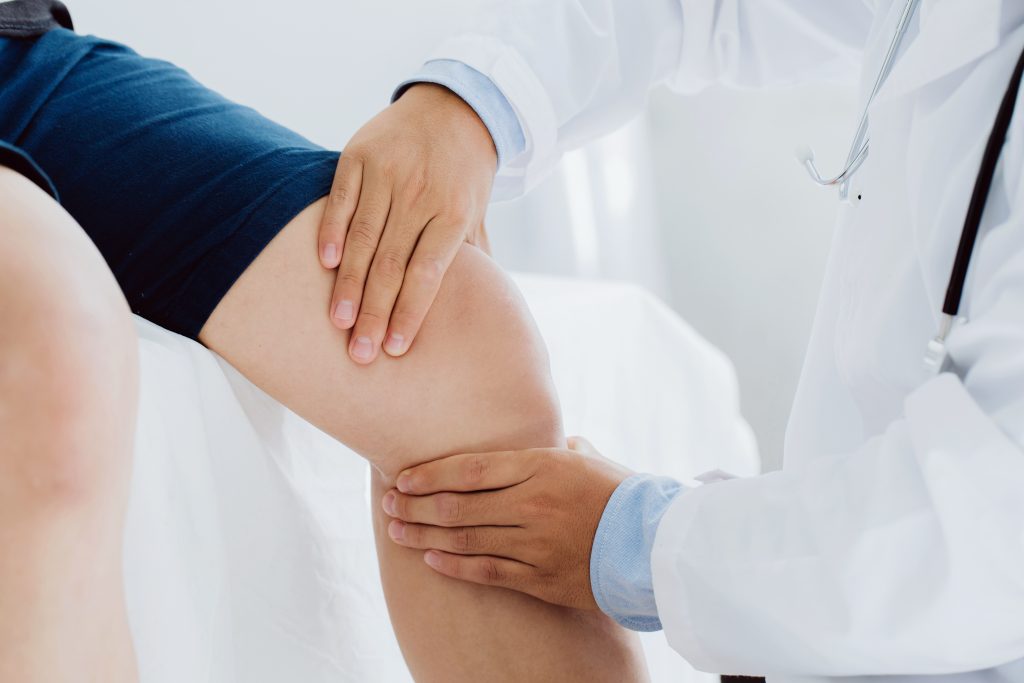
Knee pain treatment
in Singapore
At Cove Orthopaedic Clinic, we understand the debilitating effects of knee pain on your daily life. Our team of orthopaedic specialists is committed to providing comprehensive treatments to help you regain mobility and alleviate knee pain.
Our approach to knee pain treatment involves a thorough assessment, accurate diagnosis, and a customised treatment plan.
Frequently Asked Questions
Use proper protective gear, follow safety guidelines for sports and activities, and maintain a healthy weight to reduce the risk of knee injuries.
Conditions We Treat
